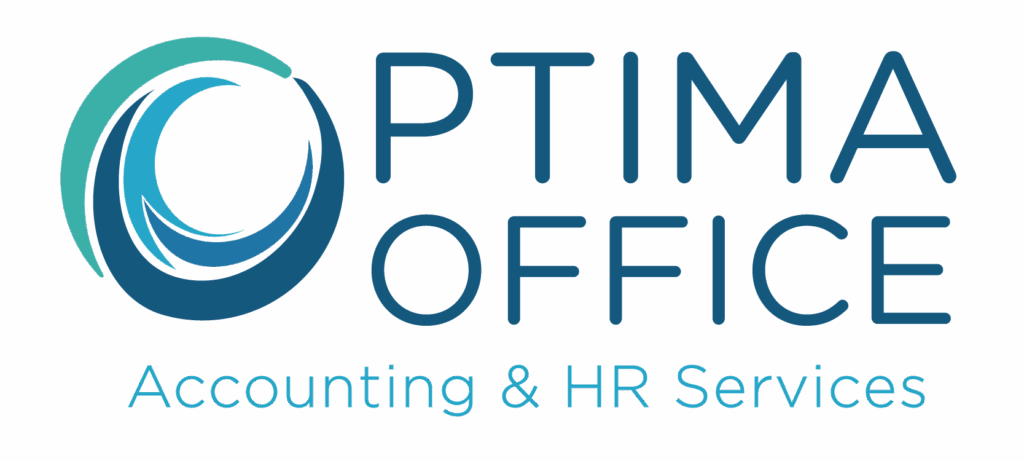Q: What is severance pay?
A: Severance pay or separation pay is money and sometimes benefits provided by the employer to an employee who is laid off, fired, or resigns. It depends on the company’s severance policy and any state requirements when applicable.
Q: Why and in what circumstance do companies offer severance pay?
A: Many employers do this to help the negative impact of the termination of an employee. It is also used to get a release of claims which reduces their litigation risk/costs. You must give something of value in order to get the release of claims.
Q: Is severance pay mandatory?
A: No, unless you have an agreement to do so. IE; Some employment agreements include a severance. It also may be required in some states, though very few. The state of Maine requires it when a business relocates or closes.
Q: Who is entitled to severance pay?
A: Anyone with a written agreement such as an employment agreement. Be careful if you do this selectively. Not everyone needs to be eligible for severance but you better have a plan in place that states who is eligible and why. IE; C suite executives since they are key employees. Another example would be Senior programmers as they tend to come at a high price and want more benefits and guarantees. Maybe it is only for involuntary terminations.
Q: How do you calculate severance pay?
A: You can calculate it any way you like, just be consistent to avoid discrimination claims. Having a legal severance program in writing will mitigate this risk.
Q: What are best practices for offering severance pay?
A: Have a severance policy/program in writing. Determine who is eligible, what the qualifying events are, the payment amounts, types of payments like commission or Insurance etc.
Q: Anything else employers and employees should know about severance pay.
A: Severance pay in a lump sum will generally not have an effect on unemployment claims. Severance paid over time will.
Shannon Massena, SR Human Resources Consultant
DISCLAIMER – Due to the daily changing environment and guidelines being provided by the government, this information could be outdated. Please contact our office for the latest updates and guidelines. Optima Office is not responsible for any actions taken due to the information provided. The information provided here is for instructional purposes and does not represent legal advice being given by Optima Office.




